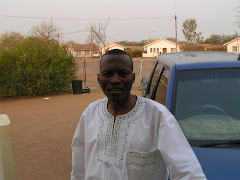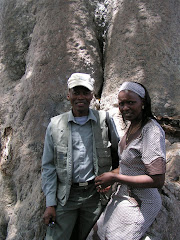Bullying is common in schools and other institutions of child care.
Bullying is defined as a deliberately hurtful behavior, usually repeated over a period of time, where it is difficult for those bullied to defend themselves. The three main types of bullying are:
• physical which involves hitting, kicking, theft etc.
• verbal which involves racist or homophobic remarks, threats, name calling etc.
• and finally emotional which involves isolating an individual from the activities and social acceptance of their peer group.
The damage inflicted by bullying is frequently underestimated but it can cause considerable distress to children. Subsequently, that affects their health and development or, at the extreme, causes them significant harm including self-harm which may even be suicidal. All settings in which children are provided with services such as schools or where children are living away from home such as child care institutions should have in place rigorously enforced anti-bullying strategies.
Children, particularly those living away from home, are also vulnerable to abuse by their own peers. Such abuse should always be taken as seriously as abuse perpetrated by an adult. It should be subject to the same child protection procedures as those applied in respect of any child who is suffering, or at risk of suffering significant harm from an adverse source.
A significant proportion of sexual abuses are committed by teenagers and, on some occasions, by younger children. People working in a residential setting need clear guidance and training to identify the difference between consenting and abusive, appropriate or exploitative peer relationships. They should not rule out some abusive sexual behaviors as ‘normal’ between young people and should not develop high thresholds before taking action.
Article 19 of the United Convention on the Rights of the Child provides that the government must do everything it can to protect children from parents and other people including other children who hurt them. As such, the government must try to protect children from all kinds of physical, emotional, verbal and mental violence, injury or abuse (including sexual abuse) and bad treatment.
Subscribe to:
Post Comments (Atom)











No comments:
Post a Comment